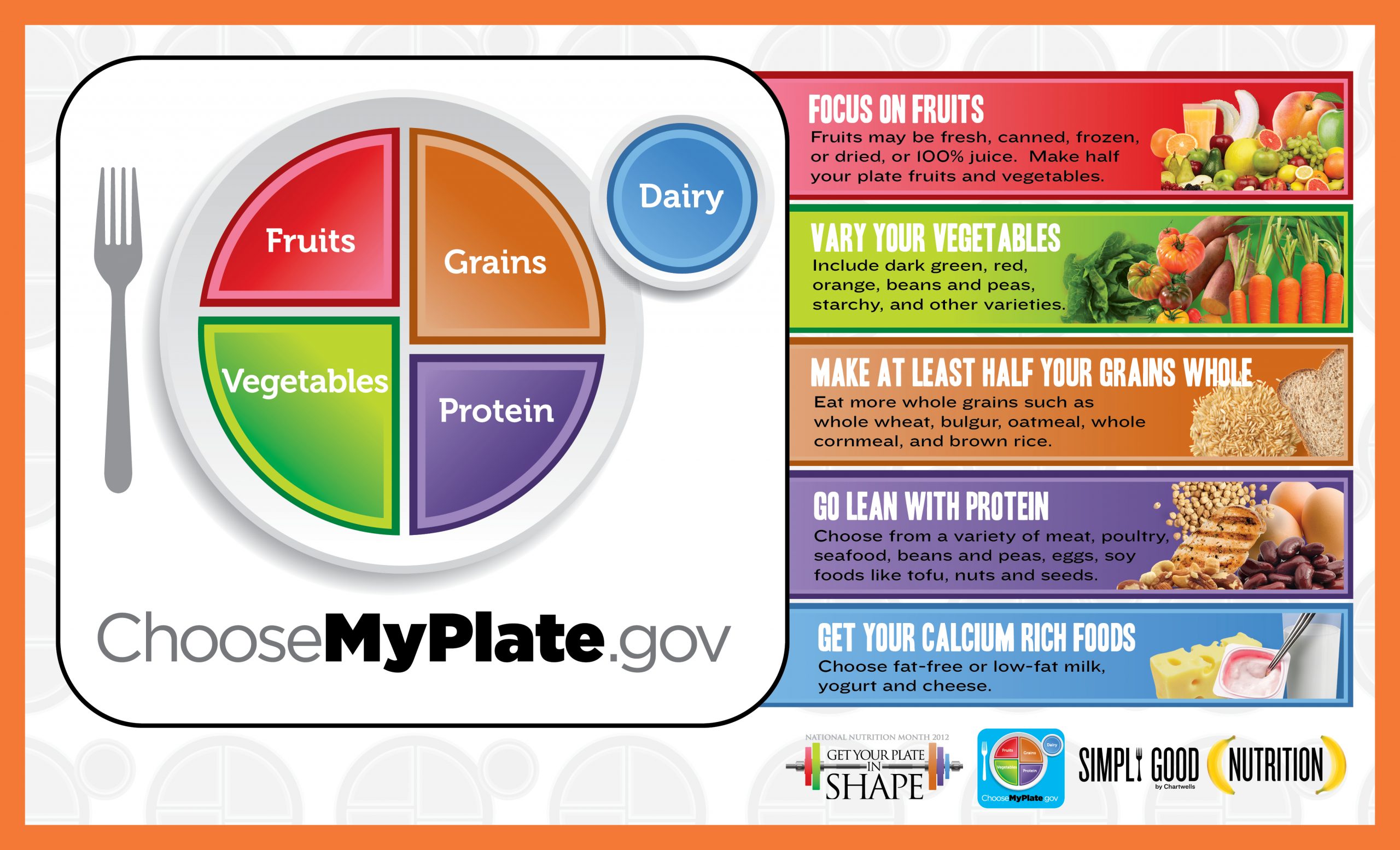Happy post Turkey Day, fellow medical and pre-medical students! Have you ever struggled with overeating due to school or life-related stress? I reached out to Katie Miller, a fellow first-year medical student who received her Bachelors in Nutritional Science at Texas Tech University, for advice on how to cope with overeating while in school.
 Some people do well if they eat while studying and it’s more common than you think! However, the effects of long-term overeating are not so beneficial. Other than the obvious effect of weight gain, overeating can be bad for your skin and give you difficulty falling asleep and remaining asleep.
Some people do well if they eat while studying and it’s more common than you think! However, the effects of long-term overeating are not so beneficial. Other than the obvious effect of weight gain, overeating can be bad for your skin and give you difficulty falling asleep and remaining asleep.
If you’re struggling with overeating, Katie recommends the following:
- Drink water! If you’re not hydrated, your body can make you feel like you’re hungry rather than just thirsty. Drink some water and wait for about 10 minutes before eating food to help you recognize if you’re just dehydrated rather than hungry.
- GET MORE SLEEP (and exercise)!! If you’re not sleeping enough, you will have elevated stress hormones circulating in your body, leading to raised blood sugar and the likelihood of developing insulin resistance. If your body is not processing enough energy from glucose, it’ll make you feel hungrier and you are thus more likely to have cravings. Also, being awake for longer leads your body to feel hungry after a few hours.
- If you’re someone who needs to be chewing on something a lot to stay focused, you may have an oral fixation. The best idea is to use sugar-free candy or gum as a good alternative to other snacks. Many people tend to go for comfort foods which are higher in sugar or fat content, and thus are not very nutritious. Try nutritious snacks like baby carrots or unbuttered popcorn!
- Take control of your diet and make sure that it’s balanced overall. Use the online tools at choosemyplate.gov to help you with this.
- Use a calorie tracking app. If you see how much you’re eating, you will be less likely to overeat.
- Research has shown that if you use smaller bowls and plates, the act of having to get up to get another helping of food helps you reduce the amount of food you take in.
- Have a friend keep you accountable!

Do you have any other mechanisms to prevent overeating and cope with stress positively? Share them in the comments below!
Elisa Vengalil
AMSA Wellness & Student Life Committee, Advocacy Coordinator
Texas Tech University Health Sciences Center, M.D. Candidate
If you’d like to reach Katie for more helpful tips and tricks regarding nutrition while in school, she can be reached at mary.miller@ttuhsc.edu. Elisa can be reached at wsl.advocacy@amsa.org.
